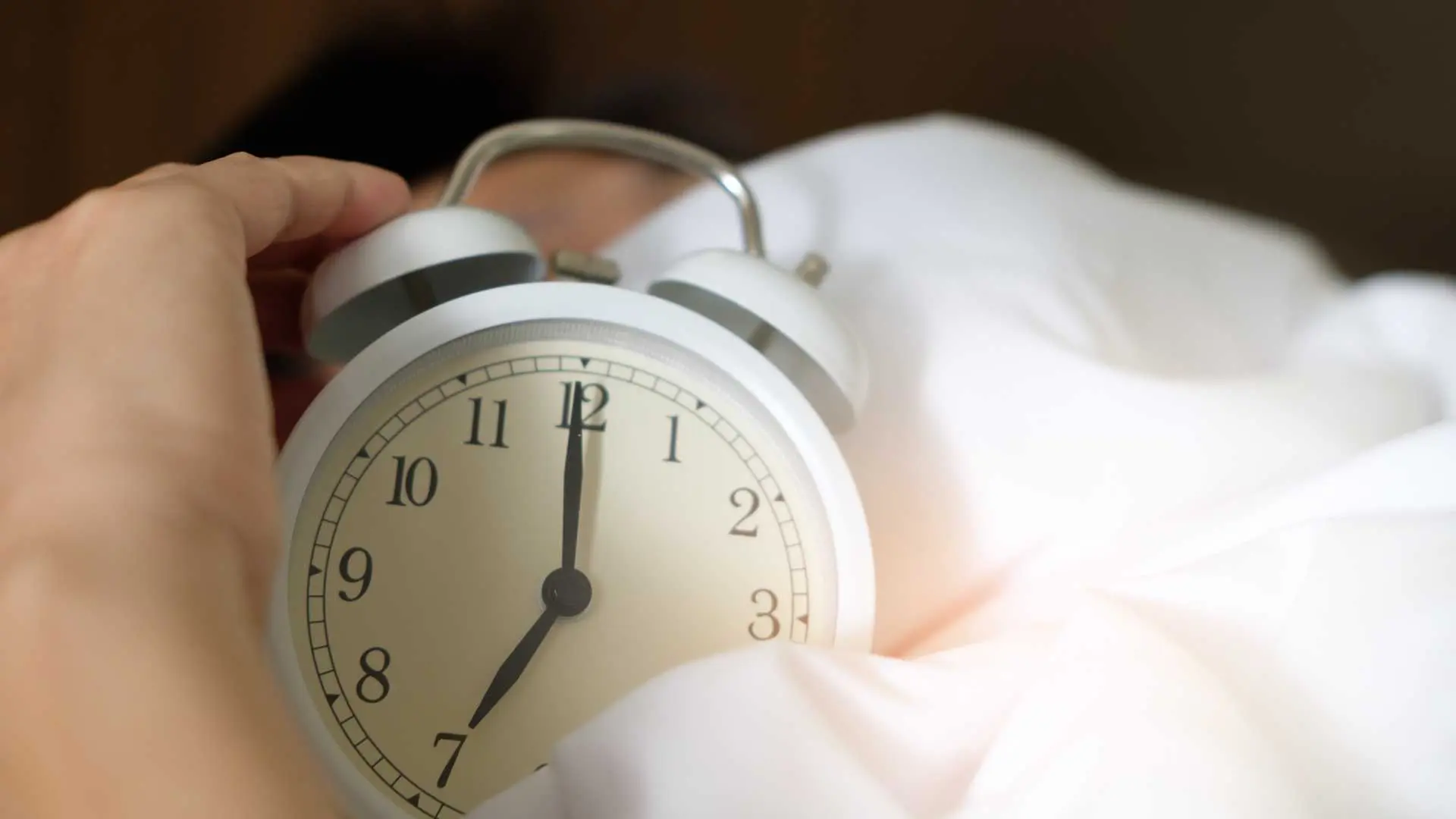
In our modern day lifestyles, our body’s desire to stick closely to a set sleep/wake time (our body clock or our circadian rhythm) is often overridden, ignored and generally abused. The fact that shift work has now been classed as a carcinogen is surely proof of the importance of working with rather than against our body clock.
There are actually circadian clocks in every organ of the body and never before have we lived so out of tune with these circadian rhythms. There is even a term for this. It is called social jet-lag and refers to the misalignment between our biological clock and our work and social schedules. One of the main consequences is poor, broken or inadequate sleep. This then causes fatigue and anxiety and can heighten any other underlying conditions such as allergy, hormone imbalance ad weight gain.
The way to manipulate our body back into a regular rhythm and improve sleep is to provide our body systems with the right cues at the right time to encourage the body into a strong, regular rhythm where all organs are in tune.
One of the biggest cues our body clock responds to is light and dark cues. Because we now expose ourselves to so much unnatural light late into the evening (lights, television, computers, phones etc) we confuse our body clock and force it backwards. These lights inhibit the production of melatonin which is important for sleep initiation. Many people find themselves laying there wide awake when they first get into bed, but then struggle to wake up when the alarm goes off. These people may believe themselves to be natural night owls when in reality they have just confused their body clocks. The best way to combat this is to keep lights turned down and switch televisions, computers and phones off at least an hour before you want to get to sleep. If that’s not possible, you can get devices or glasses to block the stimulating blue light emitted by these devices.
Another strong cue used by the body to set our internal clock is eating and fasting. It is recommended to keep your eating to a 10-12 hour window during the day. There is a close relationship between the gut microbiome and the circadian clock and so eating late at night will confuse our sleep/wake rhythm. This disruption then contributes further to weight gain meaning that the timing of your calorie intake contributes to obesity beyond the simple fact that you consumed extra calories.
Activity and inactivity are also strong cues for circadian rhythms. If you find you have to drag yourself through your morning, exercising first thing on a regular basis can convince the body that early morning is wake up time. Similarly, exercising late into the evening disrupts the body’s wind down and can make for a poor sleep followed by a tired, sluggish day.
Keep in mind that your body prefers to be in a strong, regular pattern and you can manipulate this by giving your body awake time cues during the morning and day with sunshine, activity and healthy food. Then use slow down cues at night with lowered light, less activity and stop eating well before bed time.
Body temperature also follows a circadian rhythm and having a warm bath or shower before bed can also help initiate sleep as the drop in body temperature following the warm shower is another trigger for the body to fall asleep.

